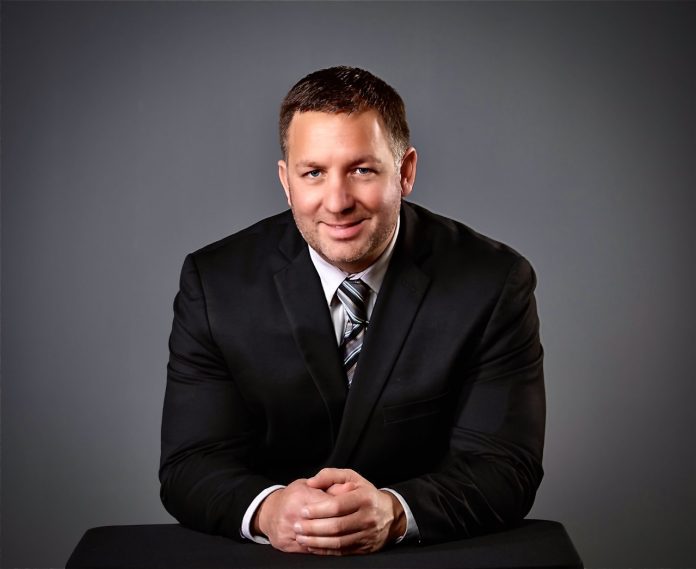CEO of USPA Nationwide Security discusses the advantages of a trademark license over a franchise for security companies.
USPA Nationwide Security is one of the largest security companies in the United States today. USPA provides security guard services, bodyguards and fire watch across the US, and has been doing so since 2005. Michael Evans, the company’s Chief Executive Officer (CEO), shared the advantages of his unique licensee program over the franchise model.
Humble beginnings
Fifteen years ago, the US Protection Agency (the original name of USPA) was just a thought – one many people doubted would amount to anything. Today, USPA Nationwide Security operates in 50 states and its parent company, USPA International, operates in 15 countries. Indeed, USPA International enlists thousands of expatriate security contractors across various global programs.
USPA International Security’s footprint is most prevalent in more dangerous communities, where they execute anti-kidnapping operations, abduction support, and pathfinding services. These services are often led by their close protection officers and Kingsman, which consists of former military operators and highly trained law enforcement officers. Their core capabilities include assisting assist women and children in dangerous situations (free of charge). They also provide bodyguard services, consulting support, disaster recovery, fire watch services and even computer forensics.
Breaking down the specifics
In a recent interview with Vents Magazine, Evans described the differences between Security Company Franchise vs his Trademark License Program. According to Evans, while both models certainly have their advantages, there are some subtle differences in their structure and outlay. For example, a security company franchise and his trademark license program both allow for the provision of a license to a business to use a protected trademark. However, by using the security company franchise system, the franchisor has more control over business systems, the franchisee, advertising and marketing needs, along with generic operations. Ultimately, this is a good thing, as it enhances the overall protection of the franchise.
The franchisee provides the franchisor with either monthly or quarterly royalties, derived from profit margins. Likewise, the trademark licensee receives a license to utilize protected emblems and images, like logos or other trademarked material to further your business. Finally, pricing is a critical factor that can determine whether a person chooses a franchise model or a trademark license program. Are you concerned about the costs? See the breakdown below.
Security business franchising costs and fees
Evans was able to provide some crucial information on various services, including notable competitors. For example, a franchise program with Signal 88 Security requires investment from $45 000 to $100 000 (approx.), and overall franchise fees will set you back around $50 000. Silbar Security requires an initial investment between $62 900 to $92 500, 5% royalties and a $20 000 franchise fee. You’ll also need around $30 000 in liquid capital to sustain the program.
So, where does USPA Nationwide Security fit in? Well, their Trademark License Program will set you back a miserly $7 500 fee with no recurring costs or spontaneous fees. Moreover, USPA is working on developing new, exciting trademark licensees domestically and globally. The COVID-19 pandemic has done little to quell their growth and expansion, with USPA opening new offices in Tulsa, Oklahoma, Sierra Leone and even India in 2020.
So, are you interested in learning more about USPA Nationwide Security and their fantastic Trademark License Program? Check out their website and learn more about Michael Evans and his team today!

Cameron Dickerson is a seasoned journalist with nearly 10 years experience. While studying journalism at the University of Missouri, Cameron found a passion for finding engaging stories. As a contributor to Kev’s Best, Cameron mostly covers state and national developments.

